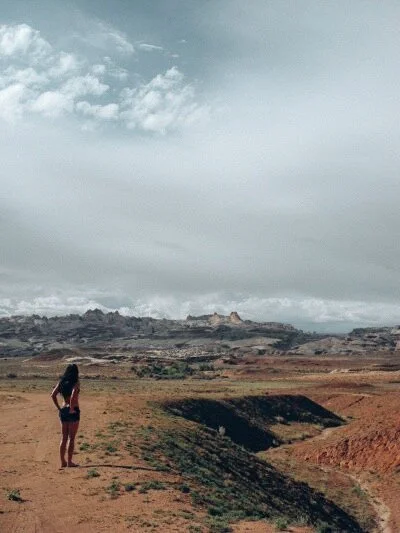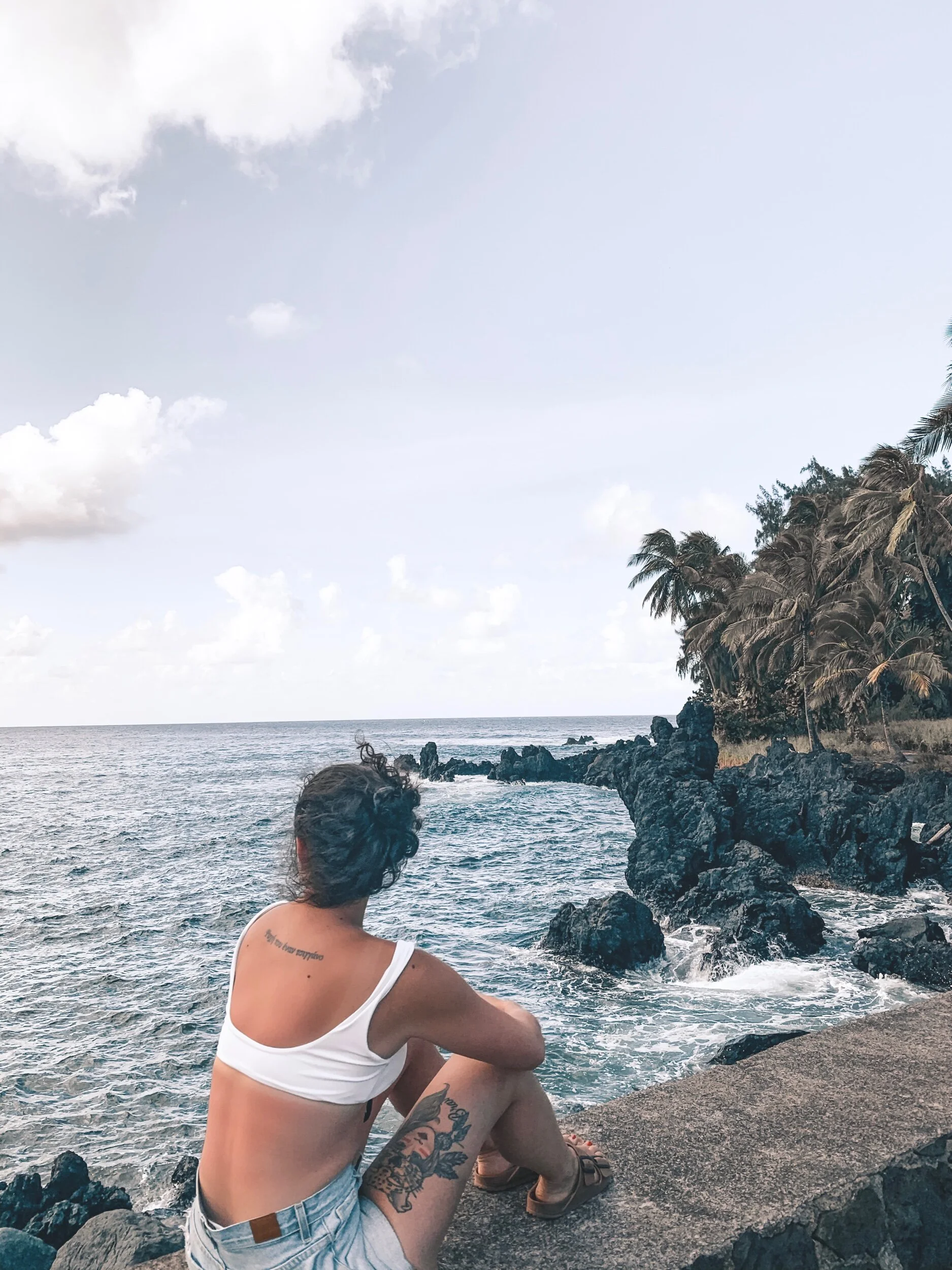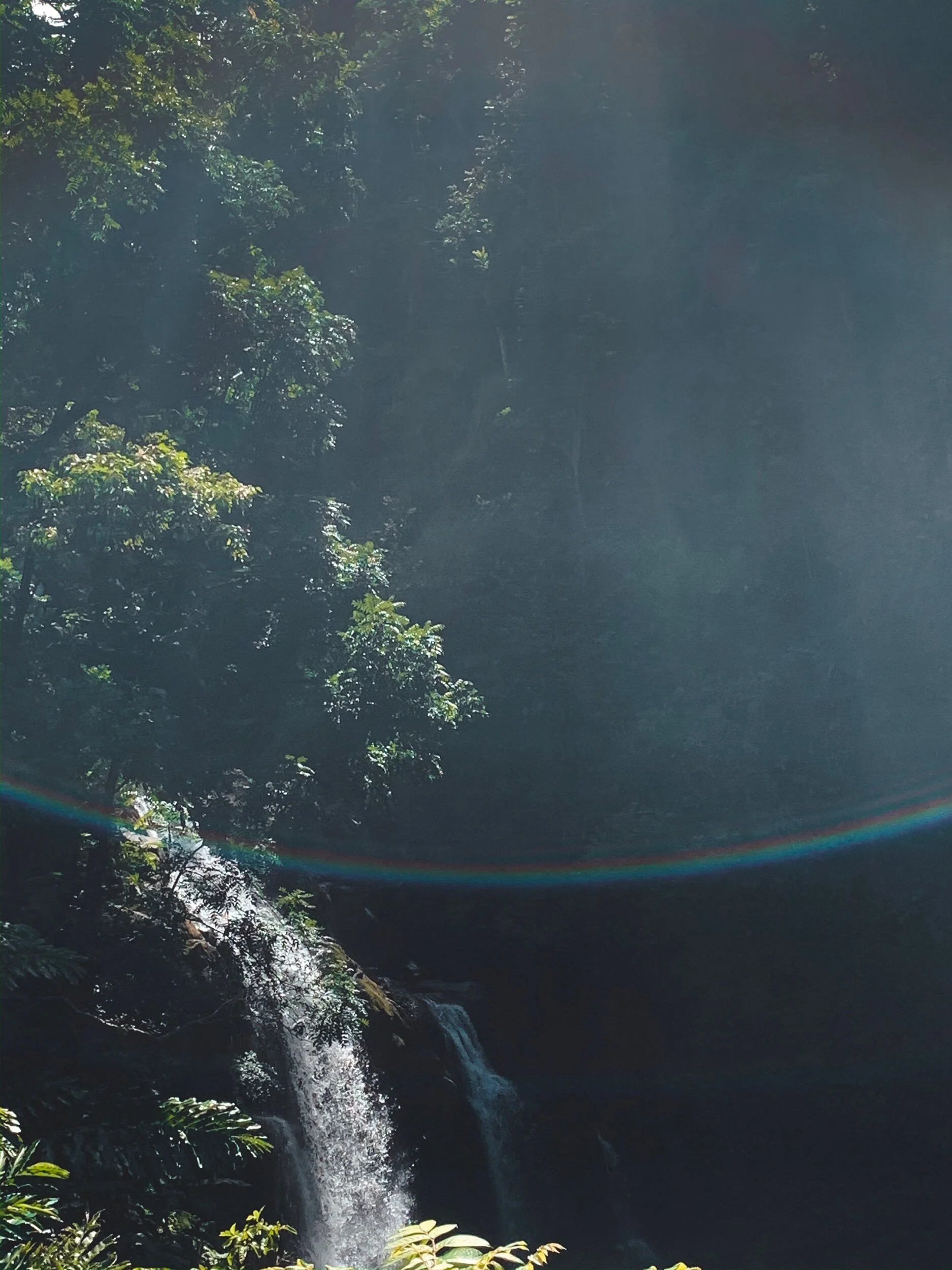During this time of quiet chaos that the world is facing, many of us are finding our own lives slowed significantly down, with higher anxiety and lowered motivation. We’re collectively in this limbo state, waiting for an indefinite end, and most likely either bored or a little stir crazy. I’m personally pretty tired of seeing people say that “if you don’t come out on the other end of all of this with a new hobby/skill/business you’ve wasted your time,” because that’s a pretty massive generalization as well as pretty offensive to people who are simply doing their best with what they have, where they are. My goal here is just to provide you with a few ideas for things that will feed your mind, as well as your soul, and are accessible and affordable. So—here are 20 of the things I would recommend (these are all things I am doing, or have plans to do during this time) for some feel-good quarantining.
Guided meditations. These are free on youtube, take as little as 5-10 minutes, and are a really great way to introduce yourself to the process of mindfulness.
Deep cleaning your space. I’m sure this is pretty overstated, but there’s always something small to further freshen your home. Have you washed your couch cushions yet?
Switch up your workout routine—get creative with ways to get your body burning. I’ve been utilizing the stairs outside my apartment for some killer leg workouts. Yoga is great always, but I’ve been finding it more beneficial to do a HIIT sesh to get all the stagnant energy out and wear my muscles out.
Journal. You’ll be surprised at the things that come out of you when you allow some free flow on paper.
Attempt a fancy meal with the random ingredients that you’ve likely compiled recently. Light some candles and make it a date, with your roommates, partner, or solo.
Read the book that’s been collecting dust on the shelf for years.
Have drinks over zoom/facetime with your friends! It’s like the bar, but dirt cheap and in your sweats.
Have a paint-nite class for one. Find a tutorial online, and paint or draw something just for fun. Alternatively, download and print some of those zen coloring pages and cover your walls with them.
Go through your closet, Marie Kondo style. Try everything on, and get a pile ready for selling or donating once thrift stores open back up.
FULLY watch the sun rise or set (depending on what time you’re awake). From beginning to end.
Get fully ready for.. literally no reason. If makeup is your thing, do a full beat. Once you feel like a 10/10, take pictures. Dance around. Have a date night in the living room.
Learn how to make cold brew coffee.
Find a hiking spot near your home. Unless you are sick or have symptoms, you can leave your home—just stay away from other people! Nature is so healing.
Nail down a good skincare routine.
Filter your social media; unfollow what/whoever doesn’t inspire you and delete apps you don’t use.
Go through your camera roll, your electronic storage, your computer, and delete everything that you don’t want to keep. Sort the rest for easy access.
Practice mantras and affirmations in the mirror, or write them down and stick them all over your home, or scream them at the wall! It feels stupid until you notice the difference in makes.
Create a habit tracker, so that you can check off daily rituals and have a sense of accomplishment and goal orientation.
For the love of god, drink an adequate amount of water. Track that too if you feel like it.
Write a list of all the things you can’t wait to do once we return to a sense of normalcy, and then write a list of all the things you’ve been grateful for, and values you’ve held close during this time.
And, if you do none of these things, be easy on yourself. Doing your best sometimes means getting through the day and nothing more. We’re all going through it together. Community is strengthening, love is more freely given, and gratitude is abundant. We will always remember what it is to be surrounded with each other in communal spaces, the gift that is the support system of family (whether biological or chosen), and our oneness with the earth and all its inhabitants. We can carry that forward with us, for the betterment of us all.









